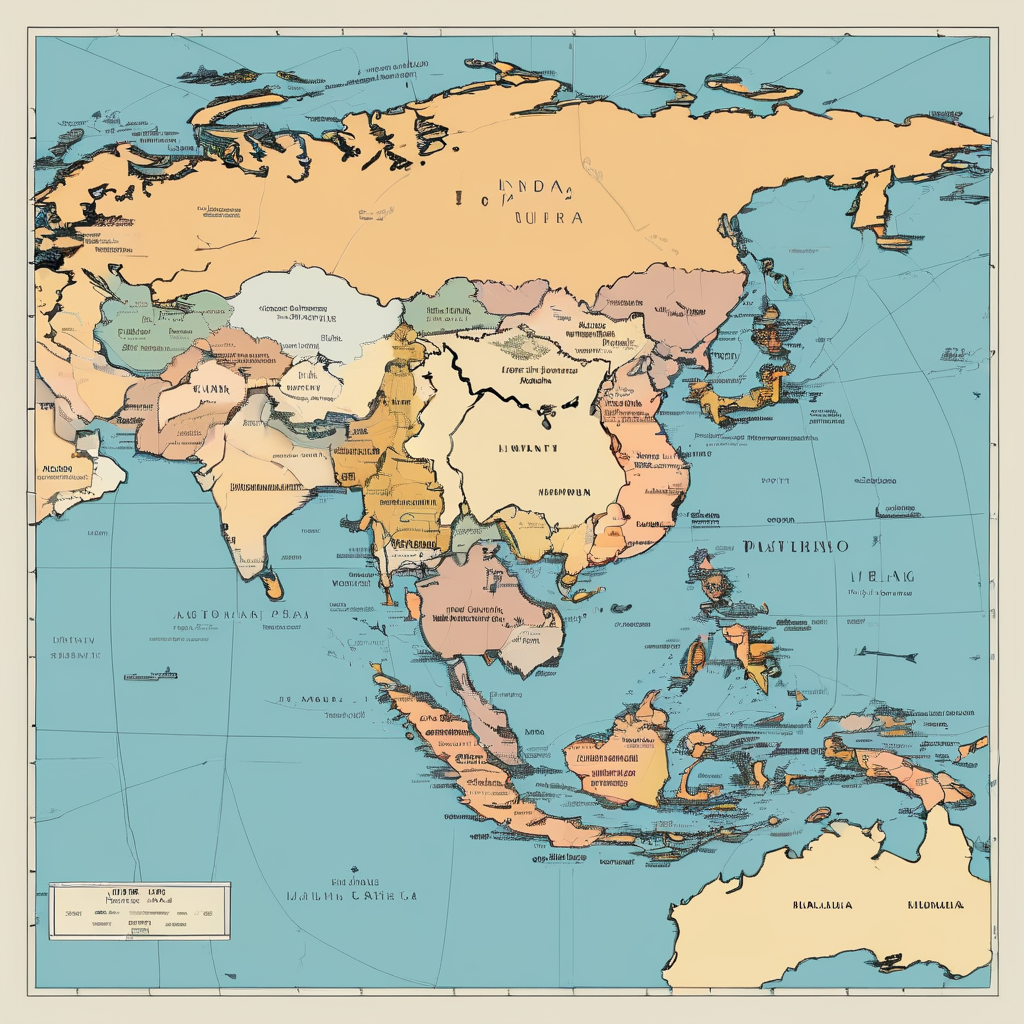Papua New Guinea (PNG) Prime Minister James Marape has announced a significant milestone in the country’s defense strategy, with the Cabinet’s official approval of a mutual defense treaty with Australia. This agreement marks a historic enhancement in the defense and security partnership between the two nations, placing PNG at a treaty level comparable to Australia’s existing agreements with the United States and New Zealand.
In a recent public address, Prime Minister Marape highlighted the strong foundation of trust and shared history that has led to this unprecedented alliance. “Australia has only one other mutual defense treaty of this type, and now, at our request, Papua New Guinea will sign this treaty,” he remarked. The next step involves the constitutional ratification process in PNG, during which the treaty will be presented to Parliament, while Australia will undertake its own ratification in Canberra.
Marape reassured citizens that the treaty adheres to PNG’s constitution, specifically referencing Section 206 which permits the Defence Force to collaborate with visiting military forces. He acknowledged the long-standing partnership with Australia, which has grown stronger since PNG’s independence, emphasizing that the treaty aims to modernize PNG’s defense capabilities with a focus on interoperability and capacity development.
Key initiatives outlined in the treaty are designed to bolster PNG’s defense capacity, including enhancements in naval and maritime security for better patrol of vast maritime borders, modernization of air and ground forces, and the establishment of robust special forces. Furthermore, the treaty provides a pathway for PNG nationals to serve in the Australian Defence Force (ADF), ensuring equal compensation and an opportunity for Australian citizenship.
Marape stressed that the treaty is not merely about geopolitics but is fundamentally about strengthening regional security and ensuring PNG’s domestic safety. With a population exceeding 10 million, PNG faces unique security challenges and aims to uplift its defense forces to meet international standards through this vital partnership.
Officials in Australia have echoed the sentiment surrounding the treaty, underscoring its importance amid the shifting geopolitical landscape of the Indo-Pacific region. As external influences, particularly from China, expand, this treaty represents a strategic effort to reinforce security cooperation between the two nations. Its overarching goals are centered on addressing mutual security concerns and promoting regional stability.
Looking forward, Marape views the treaty as a robust foundation for PNG’s future, ensuring the country is equipped to protect its people and borders effectively. He maintains that this partnership with Australia is a pivotal element of PNG’s defense and national security strategy, with optimism that it will yield favorable outcomes for both nations in the years to come.
